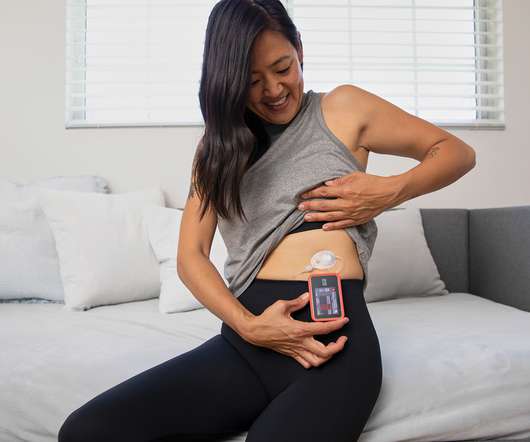Toyota’s Collaborative Safety Research Center launches 5-year, $35M program on autonomous and connected vehicle technologies
Green Car Congress
MAY 31, 2017
Since its launch in 2011, CSRC has collaborated with leading North American universities, hospitals, and research institutions on projects aimed at reducing traffic casualties, and sharing the results publicly so that all can benefit. CSRC is working with the Toyota Research Institute (TRI) and Toyota Connected (TC). —Chuck Gulash.












Let's personalize your content